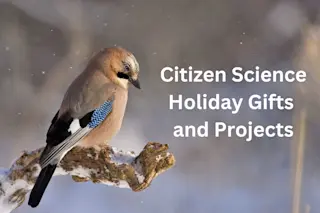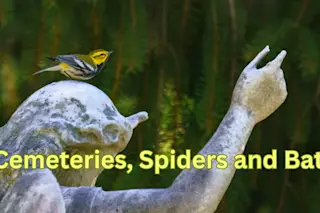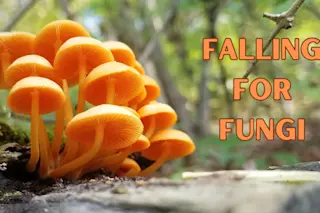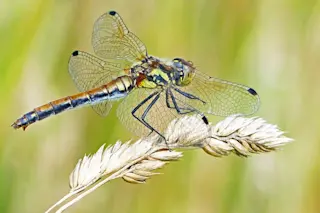What's the best way to celebrate the spookiest time of year? By doing some citizen science! In the spirit of the season, we’re highlighting five projects on SciStarter that impart science with a healthy dose of frights and scares.
But be bold, because your participation also brings critical new data to light and helps advance science everywhere. There’s nothing scary about that!
Read if you dare,
The SciStarter Team
The ZomBee apocalypse is upon us!
Researchers suspect the parasitic fly Apocephalus borealis is responsible for infecting, and zombifying, honeybees.The flies lay eggs inside the bodies of honeybees, which grow and hatch, sucking nutrients from their bee hosts. Eventually, newborn fly larvae crawl out of the honeybee’s body and grow into adult flies, beginning the cycle again.
Do you see sick or dead ZomBees near you? Contribute your sightings to ZomBee Watch!
Location: Global
Is that a ghoul I hear in ...














